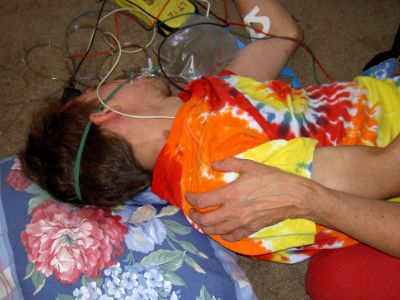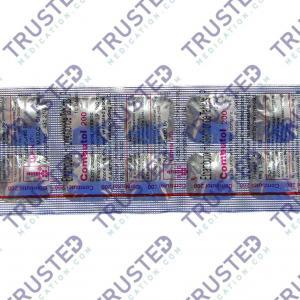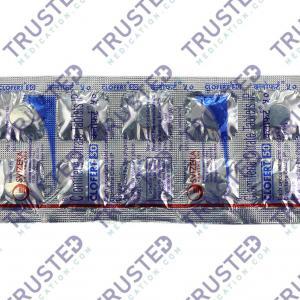
The human brain works by sending electrical signals through neurons and nerve cells. A Seizure occurs when there’s a surge in this electrical activity. It causes several symptoms, such as muscle contractions, visual disturbances, and blackouts.
Seizures can affect the entire brain. A focal onset seizure, also known as a partial seizure, is when a seizure occurs in just one area. Focal seizures occur when nerve cells in a part of the brain are involved.
A focal onset seizure may occur for many reasons. It also triggers epilepsy, brain tumors, infections, heatstroke, or low blood sugar. Seizures are highly treatable, as well as their underlying causes. Most people who experience seizures can live Normal lives with appropriate treatment.
Types of Focal Seizures
- Simple focal seizures. It affects a small part of the brain and can cause twitching or a change in sensation. Symptoms include strange tastes or smells.
- Complex focal seizures. It can make a person with epilepsy confused or unable to respond to questions or directions for up to a few minutes.
- Secondarily generalized seizures. It begins in one part of the brain but then spreads to both sides of the brain. In other words, the person first has a focal seizure, followed by a generalized seizure.
Symptoms of Focal Seizures

- Muscle contractions
- Contraction in one side of the body
- Unusual head movements
- Numbness and tingling sensation
- Abdominal pain
- Unusual head and eye movement
- Rapid pulse and heart
- Rate
- Repetitive movements nausea
- Swallowing
- Automatisms
- Flushed face
- Dilated pupils
- Hallucinations and vison changes
- Mood changes and blackouts
The Risk Factors of Focal Seizures
Anything that affects the brain can increase your risk of focal seizures. It includes:

- Serious brain injury
- Abnormal vessels in the brain
- Lack of oxygen to the brain
- Bleeding and brain infection
- Brain tumor and inflammation of the brain
- Being born with abnormal areas in the brain
- Having seizures in the first month of life
- Having seizures within days after a head injury
- Fever-related seizures
- Lengthier episodes of seizures or repeated seizures
- Family history of epilepsy or fever-related seizures
- Drug addiction
- Autism spectrum disorders
- Cerebral palsy
- Stroke due to blocked arteries
- Alzheimer’s disease
How to Diagnose Focal Seizures?
Your doctor can diagnose a seizure by assessing your symptoms and history. Brain imaging scans, blood tests, and a spinal tap are other diagnostic methods for Seizures.
Treatment for Focal Seizures
Anticonvulsant is a medication that can control and prevent seizures or epilepsy. Your doctor may also recommend diet changes, brain surgery, and other therapies.









